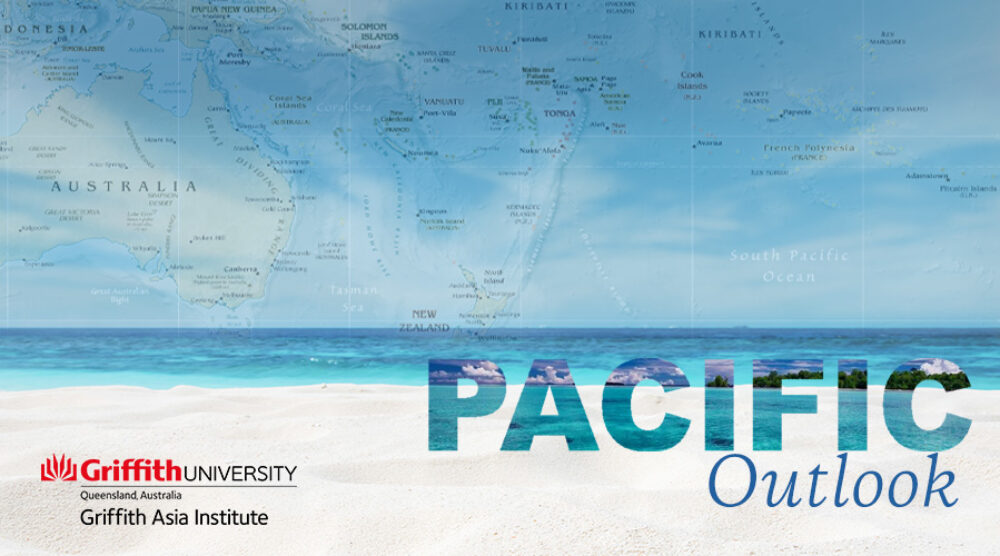Candidate registrations conclude in Samoa
The period for registration of candidates in Samoa has concluded. This is part of the preparations for the general elections that will be held next year. At the close of the nomination period, the office of the Electoral Commissioner announced that 200 candidates had been registered. There are 50 seats in the parliament.
Among the candidates there are 23 women who have registered. The most high-profile of these is the former deputy Prime Minister, Fiame Naomi Mata’afa who resigned recently from the ruling Human Rights Protection Party. She will stand as an independent candidate in a seat which is uncontested.
The newly established Fa’atuatua I le Atua Samoa ua Tasi (FAST) party has registered 50 candidates.
Next year’s elections are expected to be hotly contested with some predicting that they may see a change in leadership for the first time in more than 30 years.
Solomon Islands Anti-Corruption body has a Director-General
The Solomon Islands Independent Commission Against Corruption (SIICAC) will be headed by John Hugani Kouni. Mr Kouni was sworn in as Director-General last week. Now that he has taken up this role the SIICAC can begin operations.
The Commission has been established under the Anti-Corruption Act that was passed in 2018. This Act provides for powers and functions of the Commission to investigate, prosecute, and prevent corruption in Solomon Islands. The Commission is expected to play a central role in the implantation of the National Anti-Corruption strategy.
At the ceremony to install Mr Kouni as Director-General, the chair of the Commission called for appropriate levels of political commitment. Sir Frank Kabui, former Governor-General, was reported as saying: “… Government must play its part in supporting the Commission. Political rhetoric is useless without the faithful and determined implementation of government policies by government officials.”
Treaty on the Prohibition of Nuclear Weapons achieves 50 ratifications and will come into force
The Treaty on the Prohibition of Nuclear Weapons (TPNW) has now been ratified by 50 countries. It will come into force in January 2021.
The Treaty has been ratified by ten members of the Pacific Islands Forum: Fiji, Kiribati, Nauru, New Zealand, Palau, Samoa, Tuvalu and Vanuatu. In addition, Cook Islands and Niue have acceded to the Treaty.
Pacific island countries have a long tradition of anti-nuclear campaigning. Ongoing health, social and political issues are part of the aftermath of nuclear testing carried out in countries such as Marshall Islands, Kiribati and French Polynesia by former colonial powers.
Although Marshall Islands voted in favour of the UN resolution for the TPNW, it has not ratified the treaty. The use of Kwajelein atoll for missile testing by the USA under the Compact of Free Association appears to make this problematic for Marshallese leaders.
US Taskforce Oceania
The United States has announced the deployment of personnel throughout the Pacific islands region. “Taskforce Oceania” is based in Hawai’i. This latest expansion will see ten teams of two US military personnel stationed in countries across the region. Countries included in the deployment are: Timor-Leste, Vanuatu, Tonga, Fiji, Samoa, Palau, Papua New Guinea and the Federated States of Micronesia including Pohnpei, Kosrae, and Yap.
An announcement from the USA states that these soldiers are “civil affairs” trained and their remit includes to “work with the State Department and host-nation governments to execute senior leader engagements and facilitate exercises, conferences, humanitarian assistance and disaster response planning”.
This is part of a wider “whole of government” push on the part of the USA to re-engage in the Pacific islands region in an attempt to counter increased influence on the part of China.
Questions over meeting of Forum leaders
Questions remain as to whether the leaders of the Pacific Islands Forum will meet during 2020.
The leaders had been scheduled to meet in Vanuatu at the beginning of August. However, that meeting was cancelled because of health concerns and travel restrictions arising from the COVID-19 pandemic.
Whilst other ministerial meetings have been convened as virtual events, it remains unclear whether the leaders will use an online platform to convene or wait until next year when they may be able to meet in person.
Top of the agenda for the leaders this year is to determine who should be the next Secretary General. The incumbent, Dame Meg Taylor, is scheduled to step down from the position in January 2021.
The issue of her successor has caused a degree of tension among the Forum membership. The Micronesian countries are pushing very publicly for their nominated candidate to be given the role on the basis that it is ‘their turn’. Led by Tommy Remengesau Jr, President of Palau, they have gone so far as to threaten leaving the Forum if they don’t get their way.
Tess Newton Cain is an Adjunct Associate Professor at the Griffith Asia Institute and project lead of the Pacific Hub.








